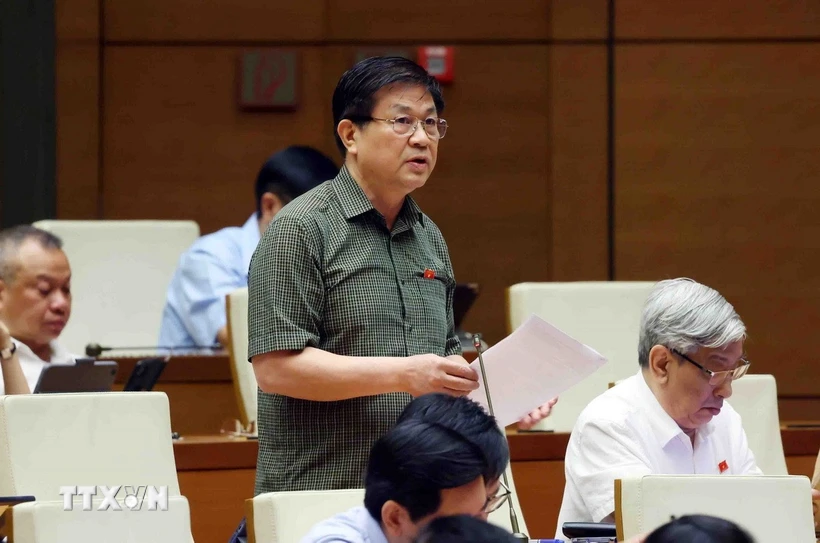
National Assembly delegate of Khanh Hoa province Do Ngoc Thinh speaks. (Photo: Pham Kien/VNA)
Continuing the 9th Session, on the morning of May 28, the National Assembly discussed in the hall the draft Law amending and supplementing a number of articles of the Law on Economical and Efficient Use of Energy.
Delegates proposed controlling energy supply sources right from the input; strengthening sanctions against businesses that do not comply with energy labeling, especially on e-commerce platforms; at the same time, there should be specific regulations on publicizing the list of violating businesses to protect consumers.
Strengthen sanctions for violations
Proposing to clarify the operating mechanism of the Fund for promoting the use of energy economically and efficiently, delegate Do Ngoc Thinh (Khanh Hoa) said that the draft Law stipulates that the Fund operates not for profit, mobilizes capital flexibly and is financially independent, but there are no specific instructions on the management mechanism, capital allocation and responsibilities of related parties.
Therefore, delegates proposed to specify in detail the organizational structure and criteria for capital allocation, the mechanism for monitoring the Fund's operations, clarify the responsibilities of the Prime Minister and relevant agencies in inspecting and evaluating the Fund's operational efficiency, and avoid waste or misuse of resources.
Besides, delegate Do Ngoc Thinh said that regulations on energy labeling and information disclosure are necessary, but currently lack a mechanism to check and monitor compliance, especially in e-commerce.
Delegates proposed adding regulations on the responsibility of management agencies in periodically inspecting and handling violations of businesses that do not comply with energy labeling, especially on e-commerce platforms; at the same time, there should be specific regulations on publicizing the list of violating businesses to protect consumers.
Regarding strengthening sanctions for violations, the draft Law assigns People's Committees at all levels the responsibility to inspect and handle violations, but according to delegate Do Ngoc Thinh - "it does not clearly stipulate the level of sanctions or penalty framework for violations in energy use."
Delegates proposed adding regulations on administrative fines or specific actions such as revoking licenses or suspending operations for key energy-using facilities that do not comply with energy-saving regulations. "This will increase deterrence and enforcement effectiveness," the delegate emphasized.
Regarding regulations supporting small and medium-sized enterprises in implementing energy saving, delegate Do Ngoc Thinh pointed out that in reality, small and medium-sized enterprises often face difficulties in financial and technical resources to apply energy saving technology; proposed to supplement regulations on specific support and incentives for small and medium-sized enterprises such as support for energy audit costs, free technical advice or reduced interest rates on loans from the Fund for Promoting Energy Saving.
Issuing a roadmap for mandatory labeling of construction materials
Delegate Tran Quoc Tuan (Tra Vinh) said that amending and supplementing a number of articles of the Law on Economical and Efficient Use of Energy is very necessary and has very important political significance for the commitment to achieve net zero emissions by 2050, contributing to ensuring national energy security, reducing social costs, and improving competitiveness to meet the requirements of sustainable development in the new period.
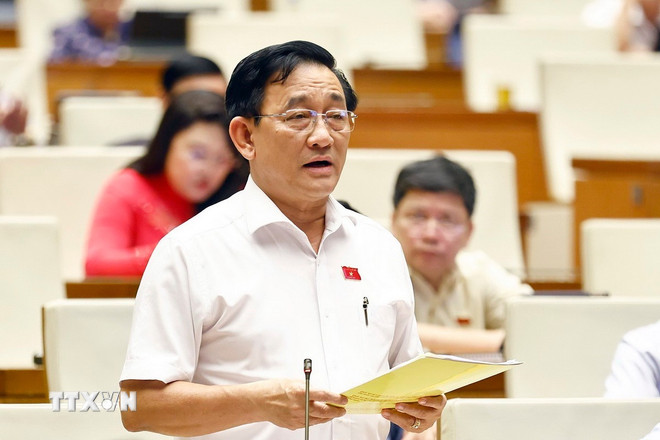
National Assembly delegate from Tra Vinh Tran Quoc Tuan speaks. (Photo: Doan Tan/VNA)
Emphasizing that construction is one of the most energy-consuming industries today, delegate Tran Quoc Tuan cited that, according to the World Bank (WB), the construction industry accounts for more than 36% of total global energy consumption and over 40% of CO2 emissions.
In Vietnam, more than 60% of building electricity is used for air conditioning and lighting, mainly due to the use of inefficient materials.
Citing the fact that "although it is very cold outside, the air conditioner is still on inside the glass building," delegate Tran Quoc Tuan suggested: "If we use well-insulated glass with standard energy labels, we can both save electricity and avoid wasting money, including avoiding wasting the state budget."
Believing that "the world is far ahead of us," delegate Tran Quoc Tuan stated that Europe, the US, Japan... have applied energy labeling for construction materials for a long time, not only contributing to energy saving but also enhancing the competitiveness of businesses.
"However, when implementing this regulation in Vietnam, it will inevitably face difficulties such as lack of criteria and national standards for many types of materials; the number of qualified testing laboratories is still small; testing costs are high and the post-inspection mechanism is still weak," delegate Tran Quoc Tuan frankly said.
Therefore, delegates proposed that when labeling energy for construction materials, the Government should issue a roadmap for mandatory labeling for a number of construction materials that have a major impact on electricity consumption such as construction glass, insulating materials, construction materials, etc.
In addition, building a Vietnamese standard system on energy efficiency for construction materials in line with international standards; socializing testing and certification activities...
"We do not let businesses climb mountains alone without ropes," the delegate compared.
Delegate Tran Quoc Tuan also proposed to regulate the application of QR-code in the production of this type of material to trace energy labels, helping consumers understand how good the product they are using is; at the same time, there should be a strong post-inspection mechanism, strictly handling cases of intentional violations; thereby promoting the sustainable, economical and civilized development of the construction industry.
Deep control of input supply
Speaking at the meeting, delegate Le Minh Nam (Hau Giang) said that this is a very difficult law, the scope for effective savings is flexible and must be considered from many perspectives, especially in the context of science, technology, and artificial intelligence developing very quickly, changing every day, every hour; the subjects participating in the exploitation and production process leading to increasingly diverse energy use.
Therefore, delegate Le Minh Nam suggested that the Drafting Committee should consider and review to expand the scope of regulation and applicable subjects, thereby having practical solutions to save and improve the efficiency of energy use in a synchronous, comprehensive, and overall manner, and achieving more positive and sustainable results.
The draft Law stipulates the use of energy (in Article 1, Article 2), focusing on the use of energy, while delegate Le Minh Nam said that it is necessary to regulate and deeply control the source of energy supply from input; at the same time, manage savings effectively associated with output results.
"Accordingly, the input needs to focus on controlling the exploitation, production, and investment in building energy supply sources to achieve optimal and long-term efficiency; there needs to be solutions to regulate water discharge and prices for some energy sources right from the supply stage or set supply conditions to guide energy use, aiming for savings and efficiency...," said delegate Le Minh Nam./.
(Vietnam News Agency/Vietnam+)
Source: https://www.vietnamplus.vn/de-xuat-cong-khai-doanh-nghiep-vi-pham-dan-nhan-nang-luong-post1041153.vnp




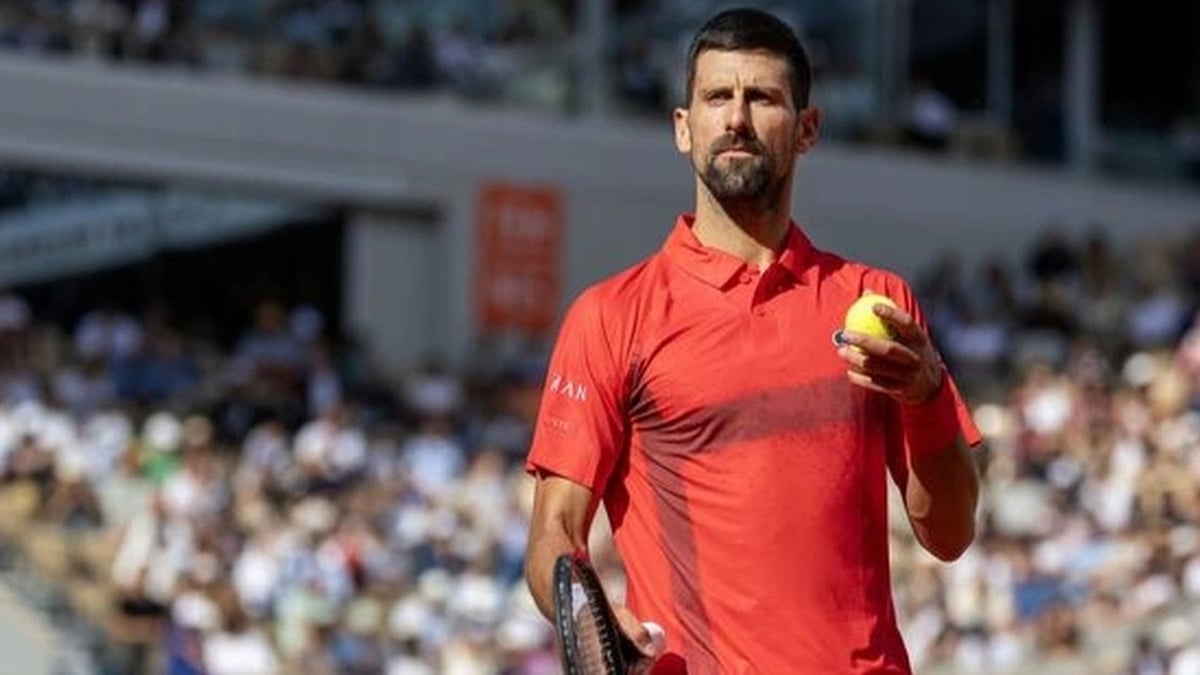
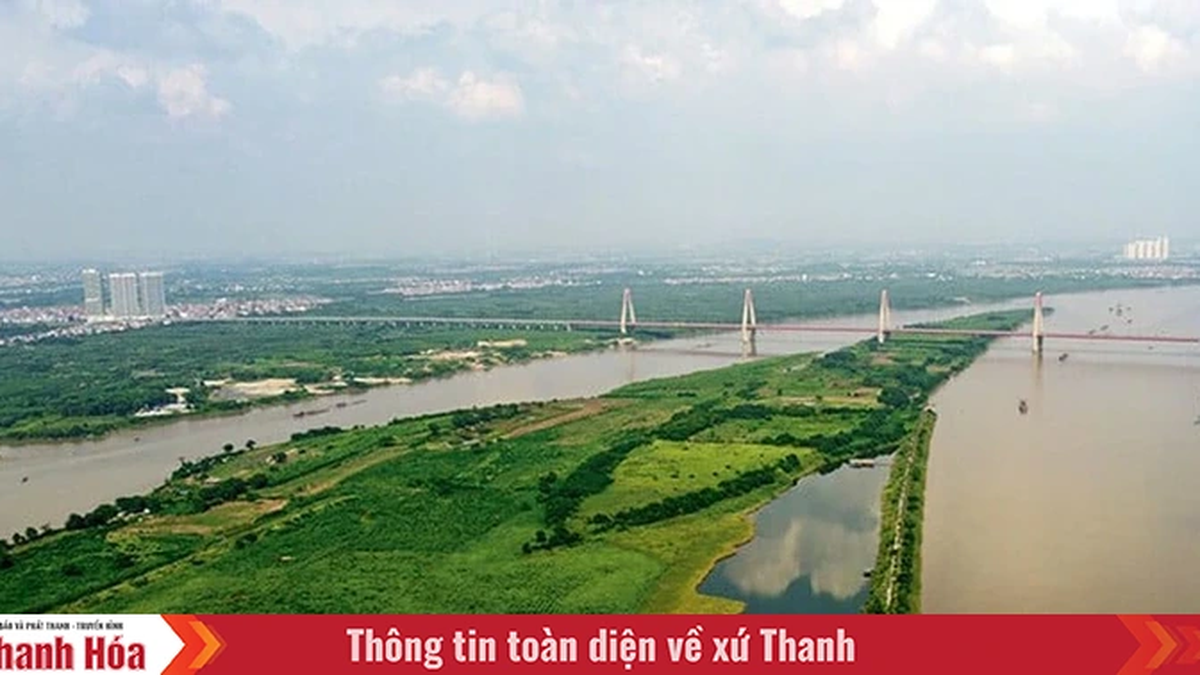
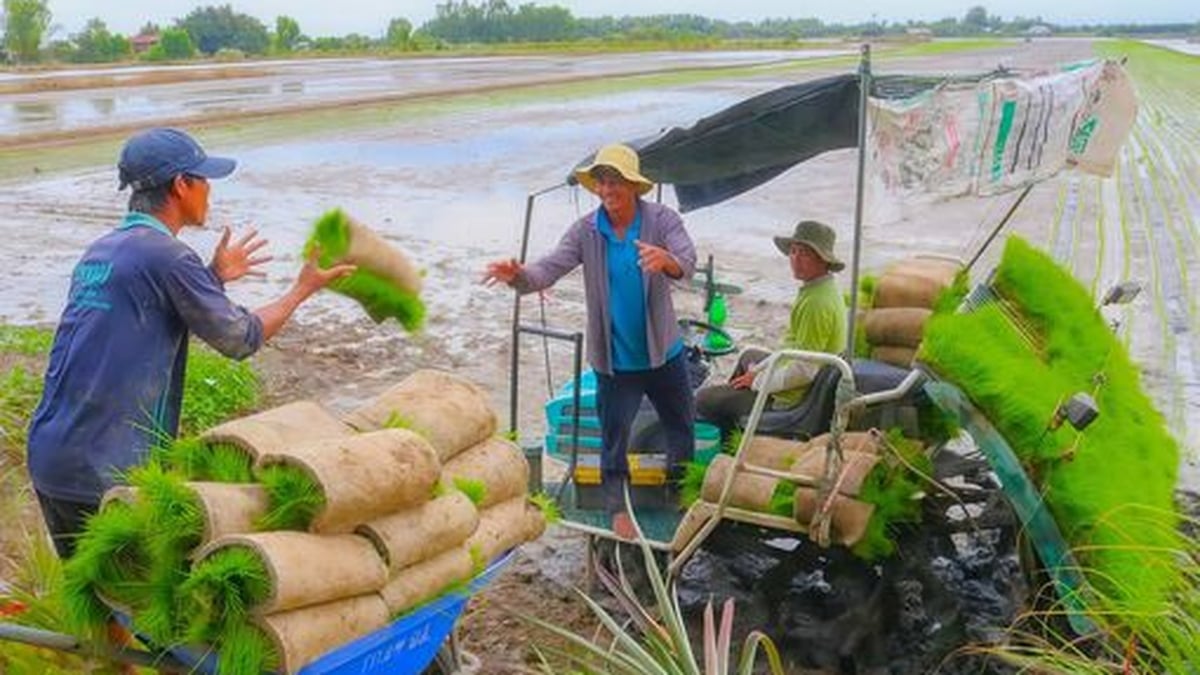



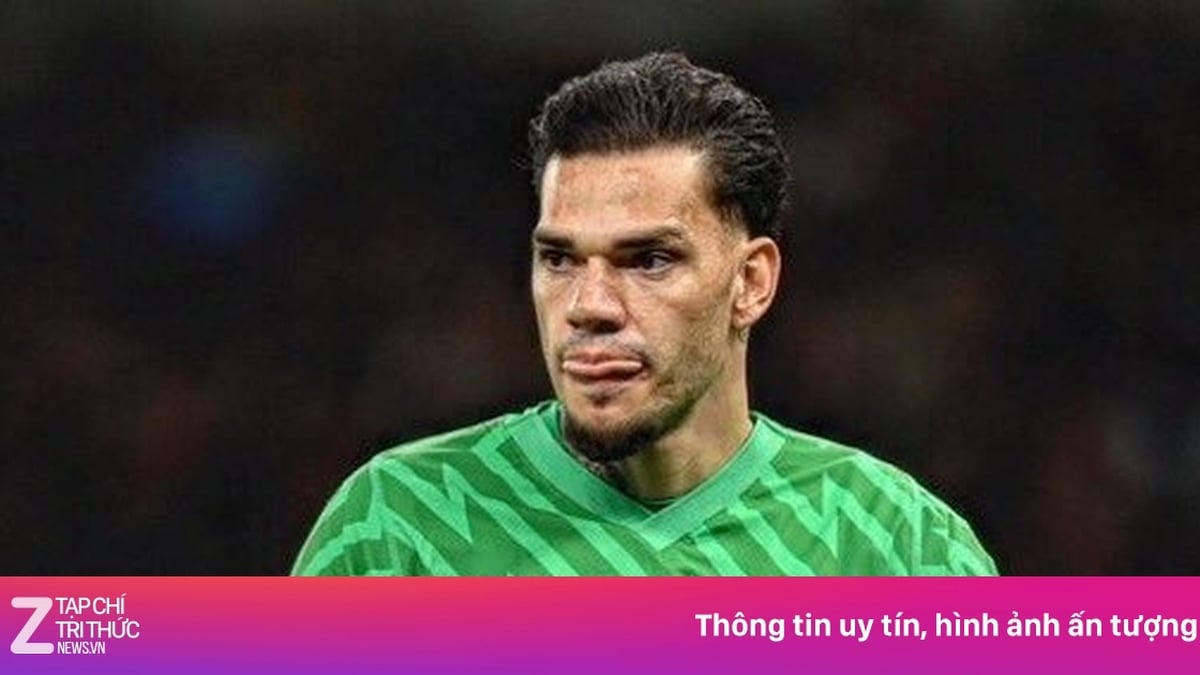


















































































![[Infographic] In 2025, 47 products will achieve national OCOP](https://vphoto.vietnam.vn/thumb/402x226/vietnam/resource/IMAGE/2025/7/16/5d672398b0744db3ab920e05db8e5b7d)





Comment (0)